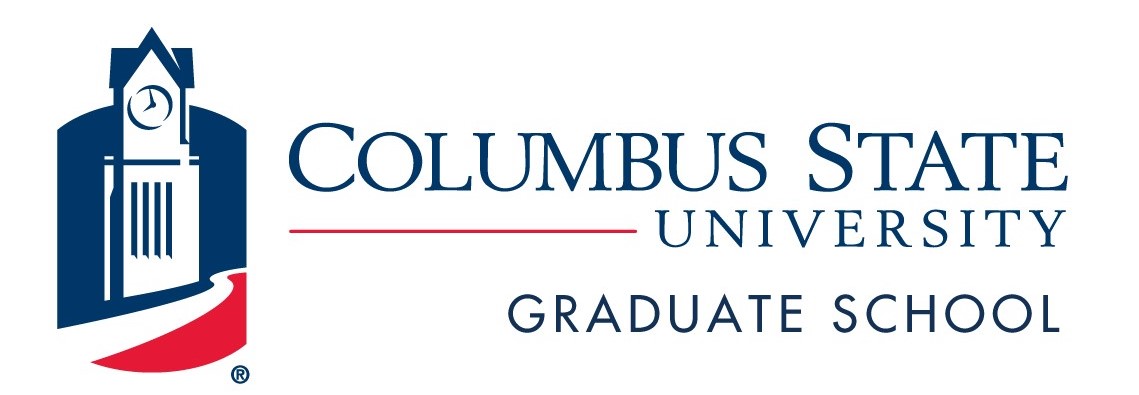Effectively Increasing Student Engagement in Virtual Academic Coaching Sessions
Presentation Type
Event
Location
Columbus State University
Start Date
3-11-2022 5:00 PM
Description
Academic coaching has been used to help college students improve their habits in recent years. At Clayton State University, academic coaches work in the Center for Academic Success to provide support for students needing specialized assistance with building positive academic habits. This personalized coaching process allows for unique attention to the issues each student is experiencing on their academic path. These individualized and structured sessions help with a plethora of skills such as goal setting, decreasing procrastination, enhancing test taking strategies, time management mastery, reducing test anxiety, and improving study skills. Time management, lack of study strategies, and test anxiety are some of the most prevalent issues for students engaged in academic coaching. In the academic coaching sessions, students have an opportunity to learn new techniques, construct a plan collaboratively with their academic coach to strengthen their academic weaknesses, and receive feedback on areas of improvement. Academic coaching is a process that feeds on the interaction and engagement between the student and academic coach. When a student is not engaged in their coaching appointment, it is often reflected in their tone and diction through the session, lack of camera usage, and results of their grades at the end of the semester. Working with students one-on-one has been increasingly difficult throughout the pandemic because students started to reduce their engagement with or in the sessions. Cancellations, no-shows, and a decrease of students scheduling follow up appointments suggest that lack of in-person interactions may contribute to decreased student engagement for virtual academic appointments. Strategies for increasing engagement in virtual academic coaching sessions include: providing increased training on virtual engagement for academic coaches, increasing the use of social media to reach students, promoting through the University's marketing emails, scheduling follow up appointments in advance, asking more open-ended questions and making interactions with students more personable. Results reveal that increasing training for academic coaches, utilizing data to enhance a relationship, and increasing marketing efforts for the Center for Academic Success can lead to increased engagement in virtual academic coaching appointments.
Effectively Increasing Student Engagement in Virtual Academic Coaching Sessions
Columbus State University
Academic coaching has been used to help college students improve their habits in recent years. At Clayton State University, academic coaches work in the Center for Academic Success to provide support for students needing specialized assistance with building positive academic habits. This personalized coaching process allows for unique attention to the issues each student is experiencing on their academic path. These individualized and structured sessions help with a plethora of skills such as goal setting, decreasing procrastination, enhancing test taking strategies, time management mastery, reducing test anxiety, and improving study skills. Time management, lack of study strategies, and test anxiety are some of the most prevalent issues for students engaged in academic coaching. In the academic coaching sessions, students have an opportunity to learn new techniques, construct a plan collaboratively with their academic coach to strengthen their academic weaknesses, and receive feedback on areas of improvement. Academic coaching is a process that feeds on the interaction and engagement between the student and academic coach. When a student is not engaged in their coaching appointment, it is often reflected in their tone and diction through the session, lack of camera usage, and results of their grades at the end of the semester. Working with students one-on-one has been increasingly difficult throughout the pandemic because students started to reduce their engagement with or in the sessions. Cancellations, no-shows, and a decrease of students scheduling follow up appointments suggest that lack of in-person interactions may contribute to decreased student engagement for virtual academic appointments. Strategies for increasing engagement in virtual academic coaching sessions include: providing increased training on virtual engagement for academic coaches, increasing the use of social media to reach students, promoting through the University's marketing emails, scheduling follow up appointments in advance, asking more open-ended questions and making interactions with students more personable. Results reveal that increasing training for academic coaches, utilizing data to enhance a relationship, and increasing marketing efforts for the Center for Academic Success can lead to increased engagement in virtual academic coaching appointments.

